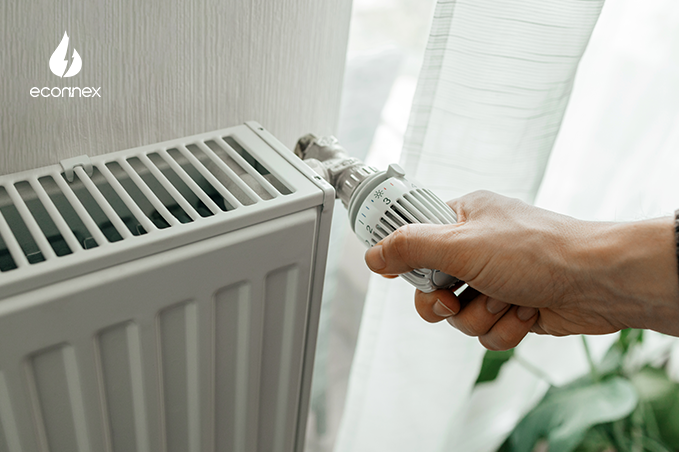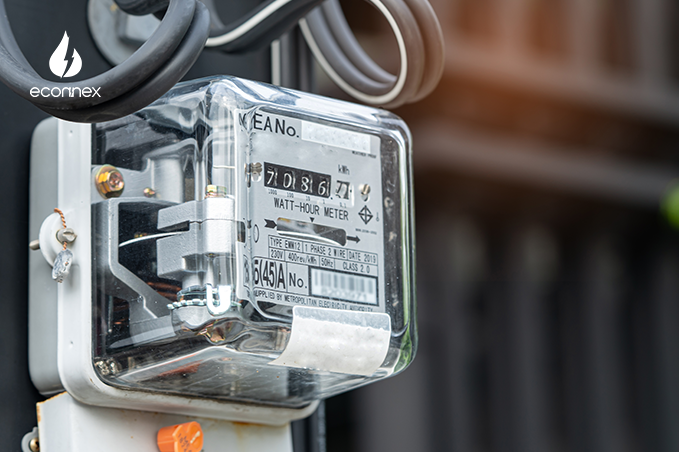Stay warm and cozy this winter with our ultimate home heating guide. Discover efficient solutions and heating tips.

Published on 16/11/2023
By Rajesh Kumawat
Energy Comparison
When choosing a heating system for your home it’s important to check several things before buying and installing one. You need to make sure your home is as thermally efficient as possible to keep heat inside in winter and outside in summer.
Be sure to get the right-sized heater for the space you’re looking to heat. In a cold climate, you need 1kW of power to heat every 10 square meters. In a mild climate 1kW of power can heat up to 16 square meters.
For a small space (around 10 square meters), use a small heater with low power output. A small 1.5kW gas heater with a good energy star rating approximately costs less than $100 in bills per year. Avoid unflued heaters. Instead, use a flued wall-mounted system in small spaces. You can use portable electric heaters but they cost more to run, best used for short-term and individual heating
For space around 20-35 square meters, use a powerful heater that can maintain warm temperatures on colder days and nights. A 3.5kW gas heater approximately costs less than $150 in bills per year. Flued heaters are expensive to install and cause some heat loss but they’ll keep your rooms well ventilated for longer periods. Reverse-cycle air conditioning is another option.
For a large space, up to 60 square meters a reverse-cycle air conditioner can be the most efficient option. This costs around $250 in electricity bills per year. Reverse-cycle air conditioners are ideal for open-plan layouts and can keep your rooms cool in the warmer months. An energy-efficient 7kW heater costs around $350 to run per year.
1. Electric heaters: Usually, portable, cheaper to buy, and a good option for heating small spaces or individual people.
2. Gas Heaters: Run from reticulated natural gas or bottled gas (the right model for the right type of gas). It’s very efficient for heating smaller to medium-sized spaces.
Two main types of gas heaters
Good for large spaces, like an open-plan living area. This is expensive but very effective in terms of power.
There are other options you can use in case all above-mentioned aren’t for you. This includes wood-burning stoves and fireplaces, which are economical but require a lot of preparation and cleaning; ethanol fireplaces, similar to wood but you won’t need a chimney; or a hydronic system that uses water steam to heat the whole house.
Even the best types of heating systems will not guarantee low energy bills. After all, it depends on how much and how wise you consume. Be sure to only use your heating system whenever necessary, and only heat the rooms you actually use.
To learn more on how to save energy and lower your energy bills go to Econnex.



